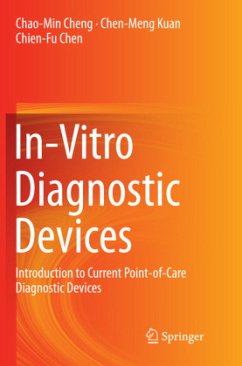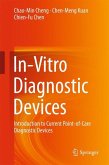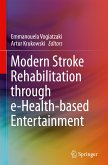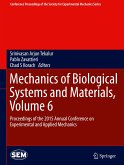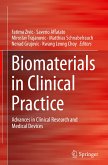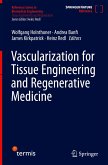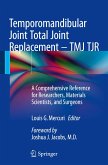Addressing the origin, current status, and future development of point-of-care diagnostics, and serving to integrate knowledge and tools from Analytical Chemistry, Bioengineering, Biomaterials, and Nanotechnology, this book focusses on addressing the collective and combined needs of industry and academia (including medical schools) to effectively conduct interdisciplinary research.
In addition to summarizing and detailing developed diagnostic devices, this book will attempt to point out the possible future trends of development for point-of-care diagnostics using both scientifically based research and practical engineering needs with the aim to help novices comprehensively understand the development of point-of-care diagnostics. This includes demonstrating several common but critical principles and mechanisms used in point-of-care diagnostics that address practical needs (e.g., disease or healthcare monitoring) using two well-developed examples so far: 1) blood glucosemeters(via electrochemistry); and, 2) pregnancy tests (via lateral flow assay).
Readers of this book will come to fully comprehend how to develop point-of-care diagnostics devices, and will be inspired to contribute to a critical global cause - the development of inexpensive, effective, and portable in vitro diagnostics tools (for any purpose) that can be used either at home or in resource limited areas.
In addition to summarizing and detailing developed diagnostic devices, this book will attempt to point out the possible future trends of development for point-of-care diagnostics using both scientifically based research and practical engineering needs with the aim to help novices comprehensively understand the development of point-of-care diagnostics. This includes demonstrating several common but critical principles and mechanisms used in point-of-care diagnostics that address practical needs (e.g., disease or healthcare monitoring) using two well-developed examples so far: 1) blood glucosemeters(via electrochemistry); and, 2) pregnancy tests (via lateral flow assay).
Readers of this book will come to fully comprehend how to develop point-of-care diagnostics devices, and will be inspired to contribute to a critical global cause - the development of inexpensive, effective, and portable in vitro diagnostics tools (for any purpose) that can be used either at home or in resource limited areas.

